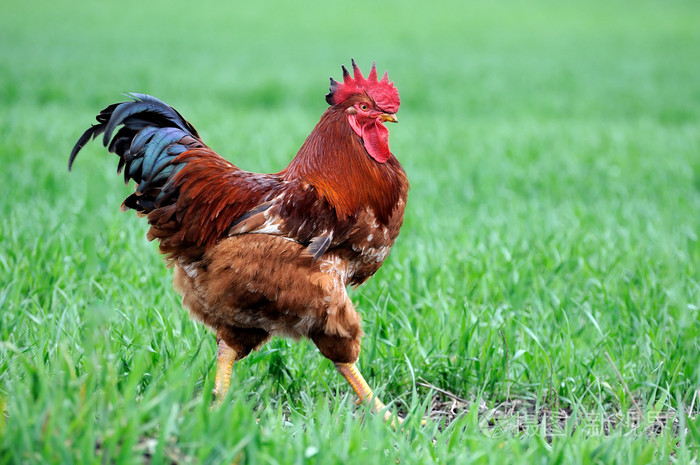1, the spring temperature change, day and night temperature difference, temperature high and low, easy to cause stress reaction in chickens. Causes the organism’s resistance to drop, causes the disease
2, the Chicken House is too strict, reduced the chicken house ventilation frequency, or raises the density to be too big, causes the chicken house ammonia gas, the hydrogen sulfide, the dust content to exceed the standard, it is very easy to make the natural barrier of respiratory tract mucosa disappear, causing respiratory tract disease in chickens.
3, the environmental sanitation in the shed is not good, the chicken excrement is not cleaned in time or the environment and feeding utensils are not often disinfected and so on, the organism is easy to infect the potential pathogenic microorganism in the environment when the resistance drops, thus causes the disease.
4, Feed long-term vitamin deficiency or Malabsorption, especially vitamin A can lead to damaged respiratory tract Mucosa can not be repaired in time, providing conditions for pathogen infection. Deficiency or Malabsorption of Micronutrient, such as selenium and zinc, can also cause the development of the immune system.
2, the Chicken Newcastle Disease Reason:
1, causes by the Paramyxovirus Chicken’s highly contact infectious disease, sees by the winter spring season. Symptoms: listlessness, eyes closed, eyes glazed, cockscomb and wattle dark red or purple black, crop soft swelling, filled with sour liquid and gas. Dyspnea, often stretching head and neck, mouth breathing, throat often gurgling; feces yellow-green or yellow-white, long course of disease often accompanied by neurological symptoms.
1. Avian Influenza is an acute infectious disease of domestic and wild birds caused by the influenza virus type A, which has a variety of clinical manifestations. Symptoms:
1, the most acute type is caused by highly pathogenic virus strains, no obvious symptoms, sudden death.
2. The acute type is characterized by respiratory symptoms, while the chronic type is caused by moderate and low pathogenic strains with mild transient respiratory symptoms.
